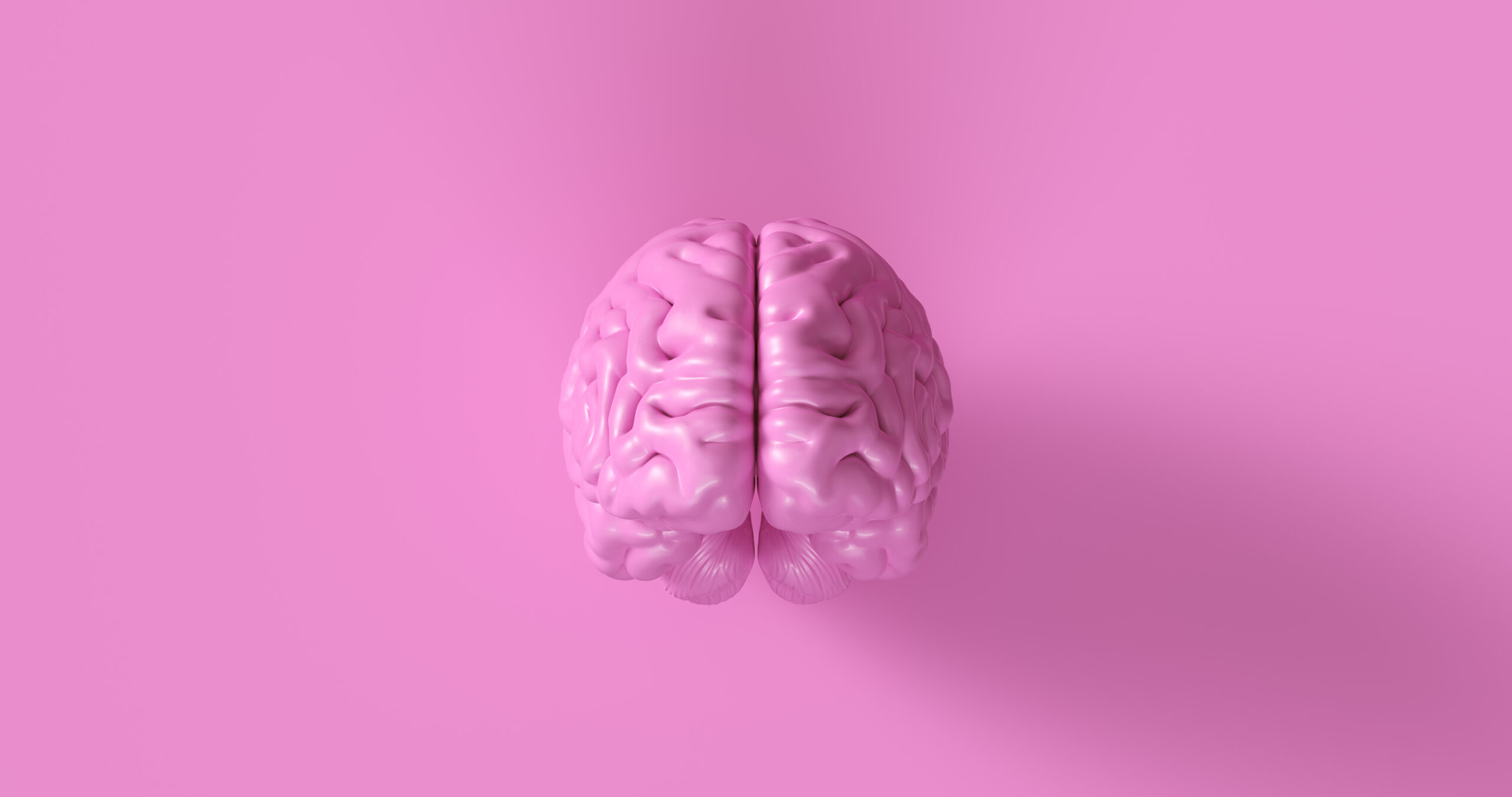Preparing comprehensive legal documents to support dementia care transitions
**Preparing Comprehensive Legal Documents for Dementia Care Transitions**
When a loved one is diagnosed with dementia, it can be a challenging and overwhelming experience. One of the most important steps you can take to ensure their well-being is to prepare comprehensive legal documents. These documents help protect your loved one from potential abuse and ensure that their wishes are respected as their condition progresses.
### Understanding the Importance of Legal Documents
Dementia is a condition that gradually affects a person’s ability to make decisions. As the disease progresses, it becomes increasingly difficult for individuals to manage their own affairs, including financial and medical decisions. This powerlessness makes them vulnerable to various forms of abuse, such as neglect, physical abuse, emotional abuse, and even sexual abuse.
**Power of Attorney (POA)**
A Power of Attorney (POA) is a legal document that allows you to act on behalf of your loved one. This document is crucial because it gives you the authority to make medical and financial decisions for them. There are two types of POAs: durable and springing. A durable POA remains in effect even if the individual becomes incapacitated, while a springing POA only takes effect when they lose their decision-making ability.
### Key Benefits of POA
1. **Timely Medical Decisions**: With a POA, you can make timely medical decisions, ensuring your loved one receives the necessary care.
2. **Carrying Out Wishes**: The POA ensures that your loved one’s wishes are carried out, even if they cannot express them themselves.
3. **Access to Income and Assets**: The document gives you access to your loved one’s income and assets, which are often necessary for their care.
4. **Protection from Abuse**: It helps protect your loved one from mistreatment by allowing you to monitor their situation closely.
### Other Essential Legal Documents
While a POA is a critical document, it is not the only one you should consider. Other essential legal documents include:
1. **Advance Directive or Living Will**: This document outlines your loved one’s wishes for medical treatment and services. It can be combined with a POA in some states.
2. **Guardianships and Conservatorships**: These are legal arrangements where a family law judge appoints a third party to make decisions for an individual who is deemed unable to manage their own affairs. However, this should be considered only after all other options have been explored.
### Why Early Planning is Crucial
It is essential to start planning as soon as you suspect that your loved one may be suffering from dementia. The sooner you begin the investigation and planning phase, the more options you and your family will have to prepare for and address the future of your loved one’s healthcare needs. Proactive planning can reduce stress and provide reassurance during an often challenging time.
### Resources for Support
If you are newly diagnosed or a caregiver, there are many resources available to help you navigate the complexities of dementia care. Consulting an attorney specializing in elder law can help you understand your rights and protections under U.S. law. Additionally, organizations like the Alzheimer’s Association and the National Center on Elder Abuse offer valuable information and support.
### Conclusion
Preparing comprehensive legal documents is a vital step in supporting dementia care transitions. By having the right documents in place, you can ensure that your loved one receives the care and quality of life they deserve. Remember, early planning is key to reducing stress and ensuring their well-being. If you have concerns about your loved one’s care, do not hesitate to speak up and seek professional advice.





